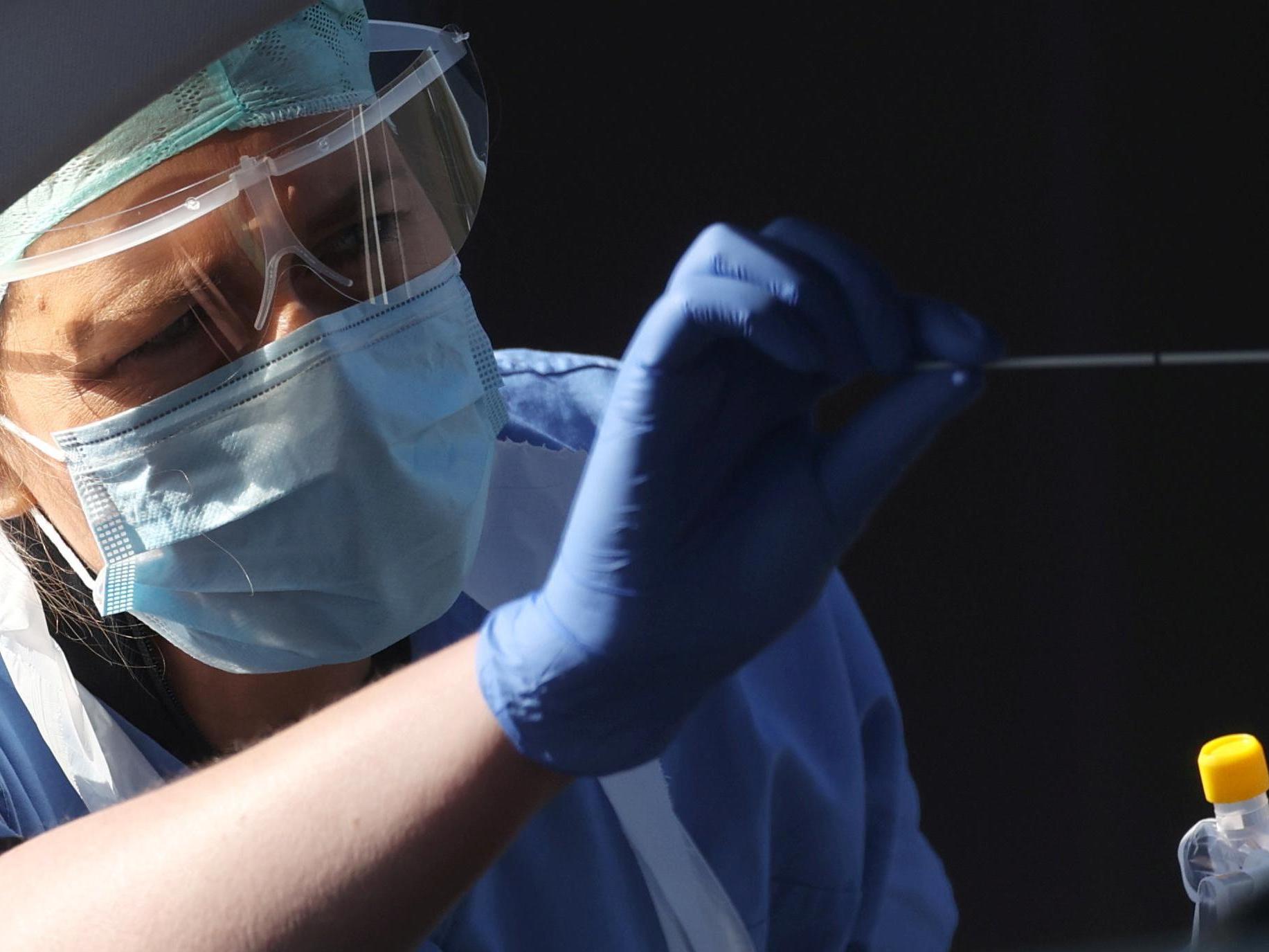The mental trauma of coronavirus will be enormous – we need to talk about it before it’s too late
It would be a tragedy if after the feats of heroism that have been witnessed, people succumb to post-traumatic stress in the weeks and months that follow. Ditto their medical teams, writes James Moore

In the middle of a pandemic the priorities are obviously to limit the death toll and give people with the most serious cases the best chance of survival. But I think it’s worth raising the question of the aftermath, because it is going to require both thought, and planning, and the sooner that starts the better.
Let me explain: I experienced an uncomfortably close brush with death nine years ago now, having been involved in a serious road accident. It involved me spending several weeks in a coma under heavy sedation.
Reading the reports, and writing about what’s currently going on in the aftermath of a nasty Covid-19 case, I might have known there’d be some blowback from that and it duly hit me like a spiked morning star to the head the other night, leaving me shaking and dealing with heart palpitations.
Subscribe to Independent Premium to bookmark this article
Want to bookmark your favourite articles and stories to read or reference later? Start your Independent Premium subscription today.
Join our commenting forum
Join thought-provoking conversations, follow other Independent readers and see their replies